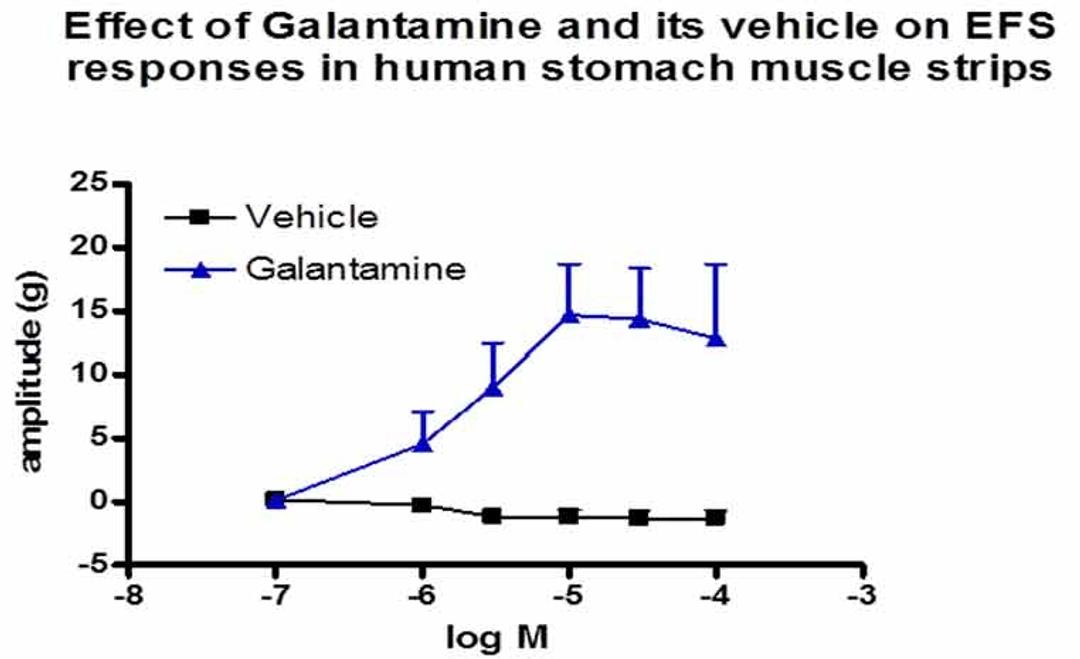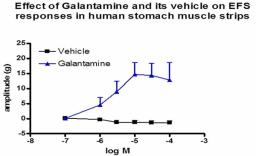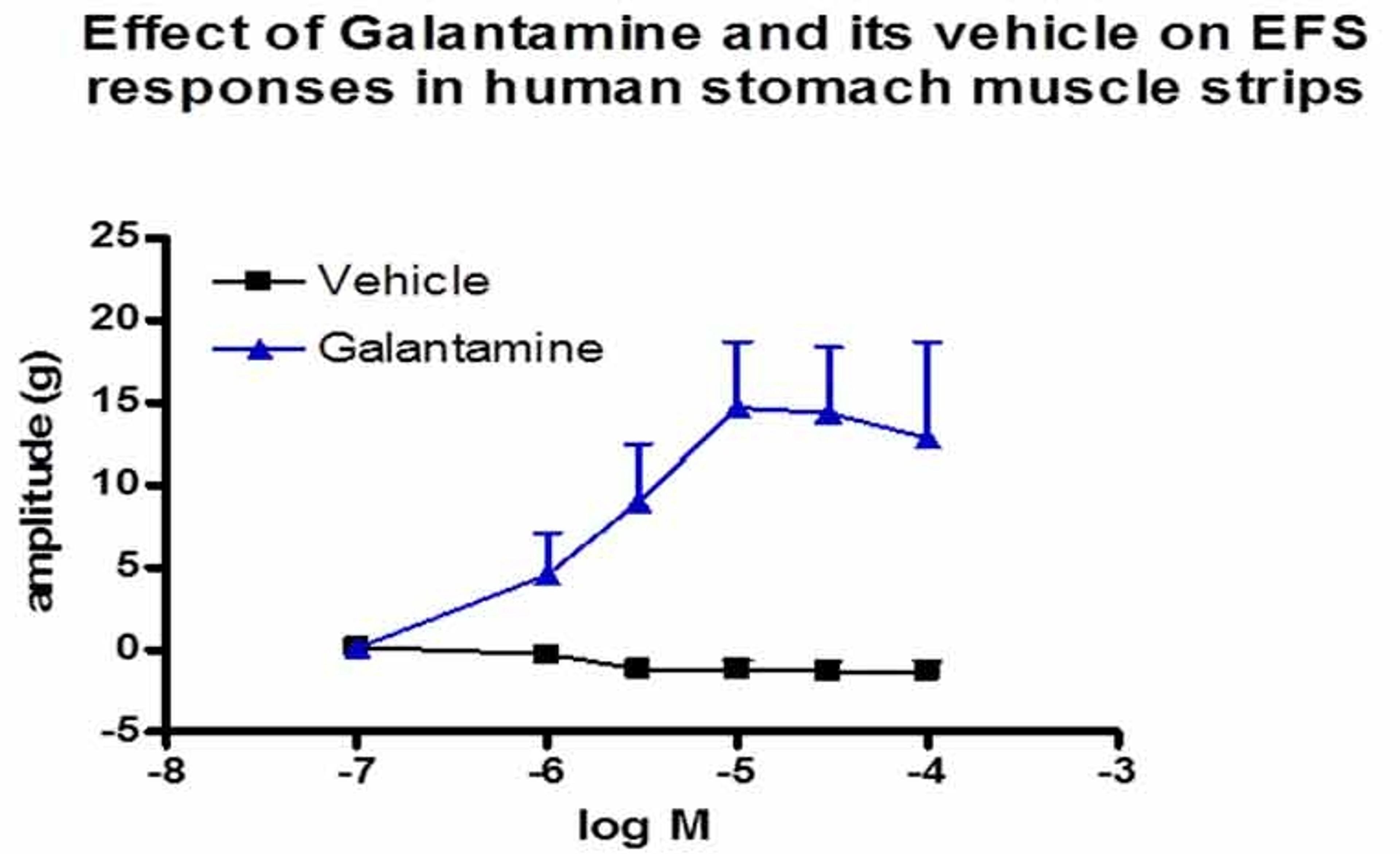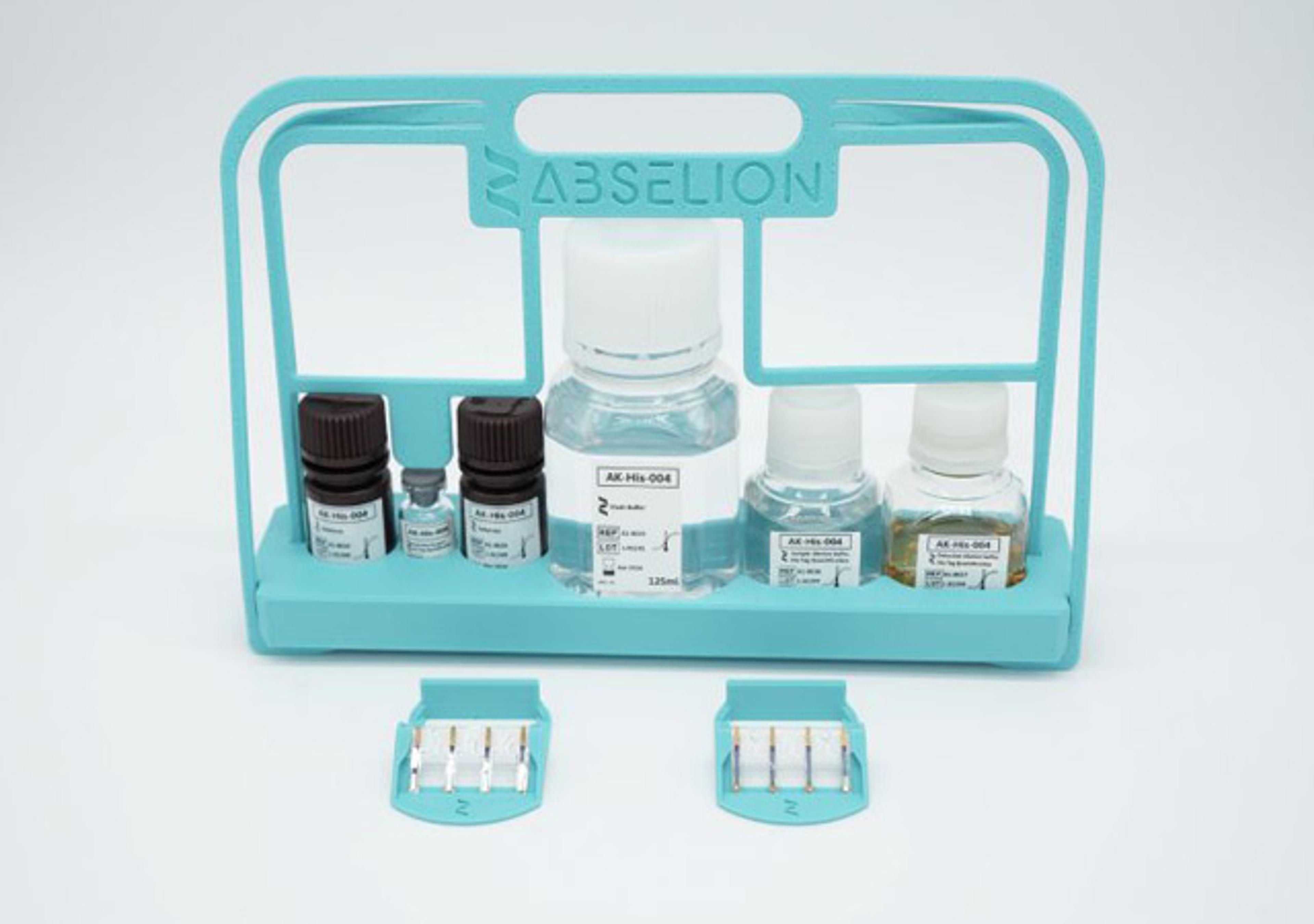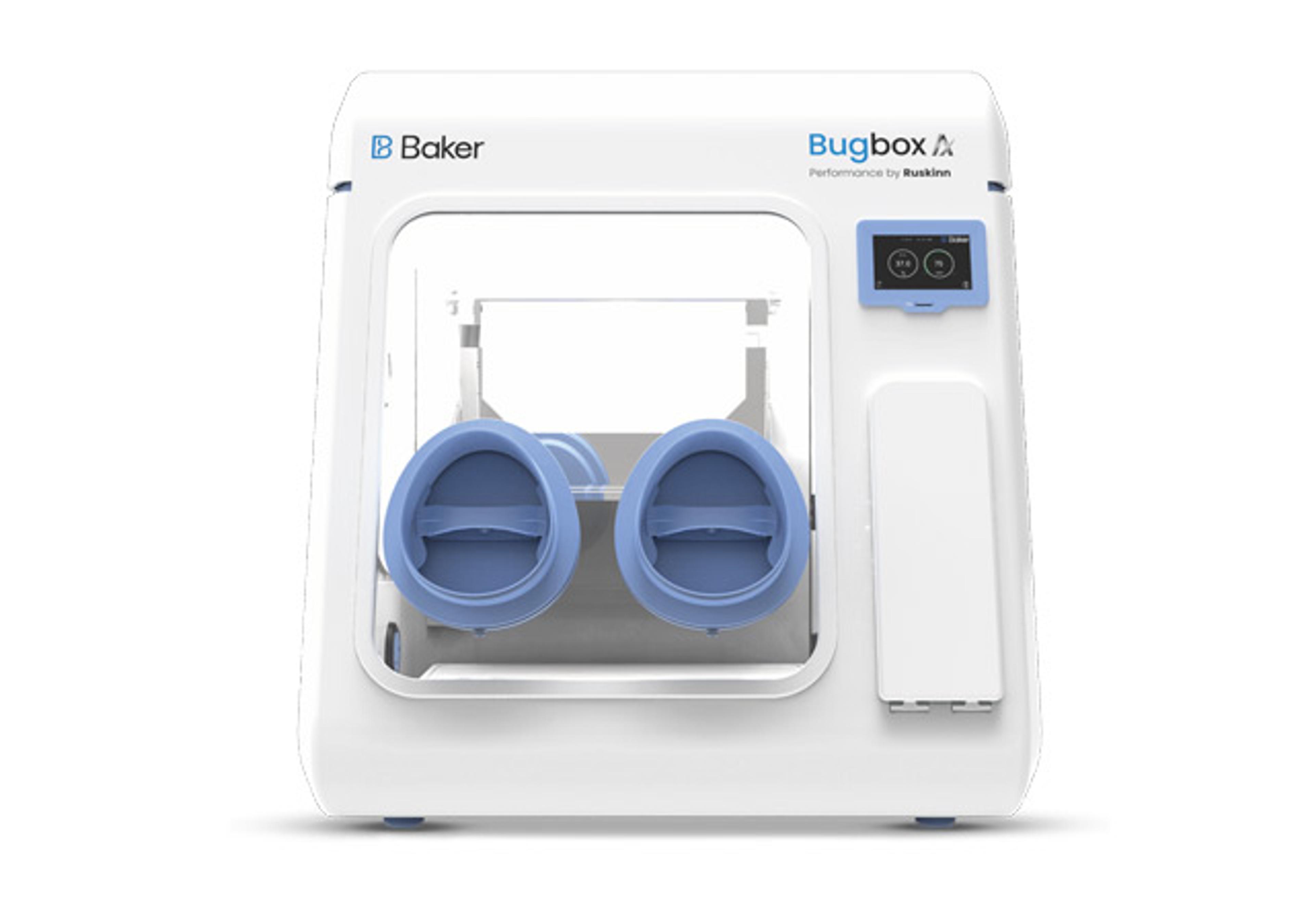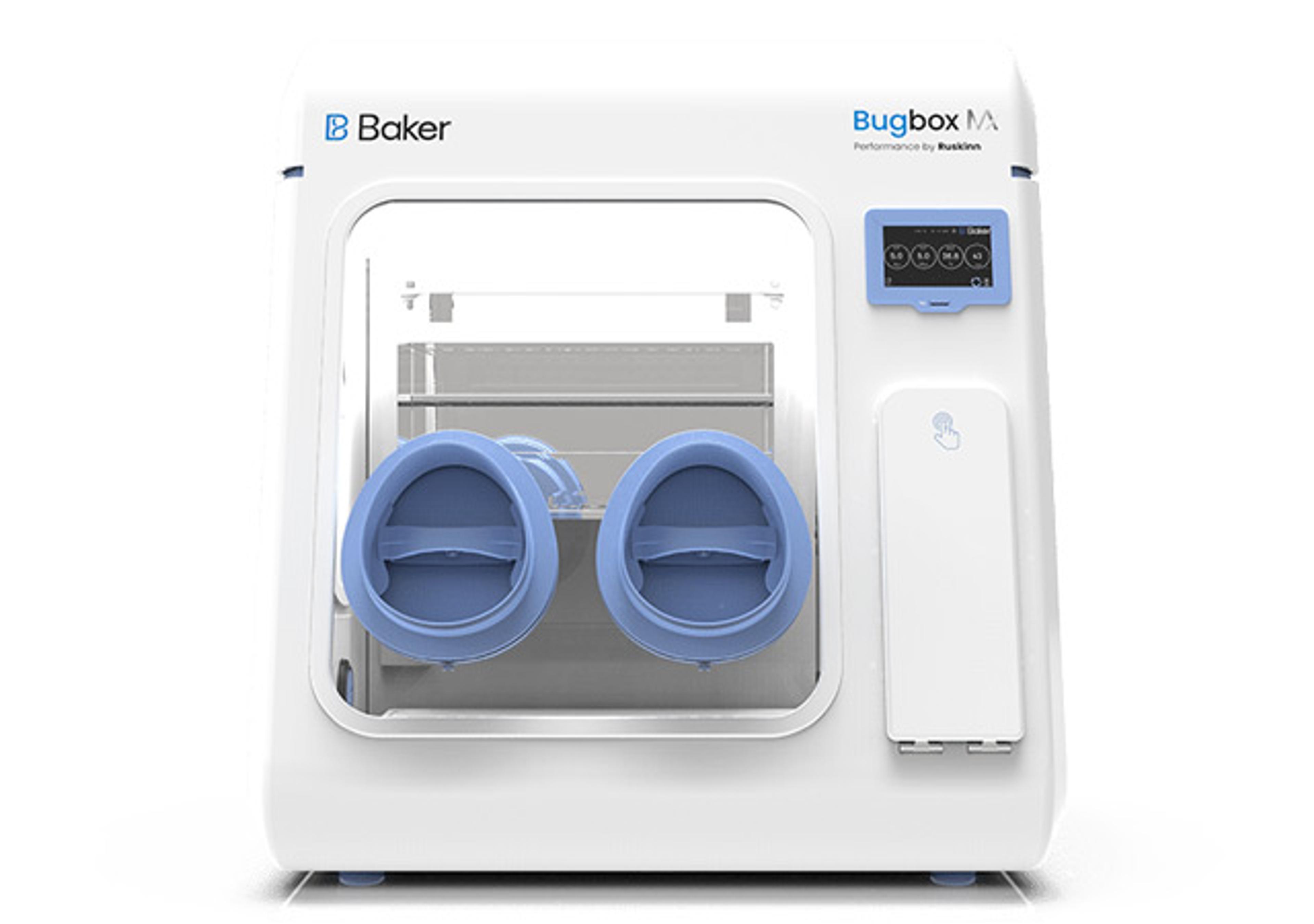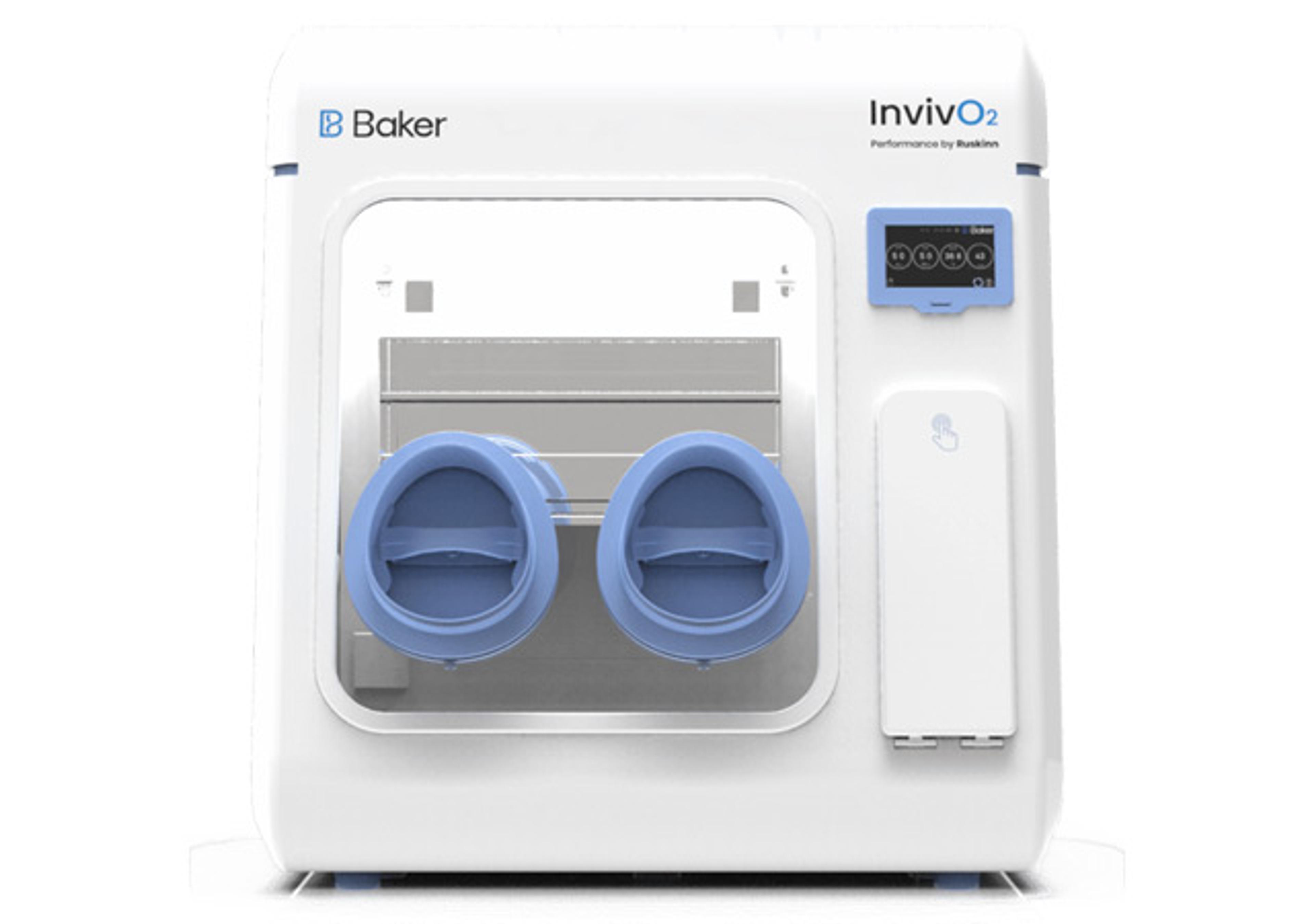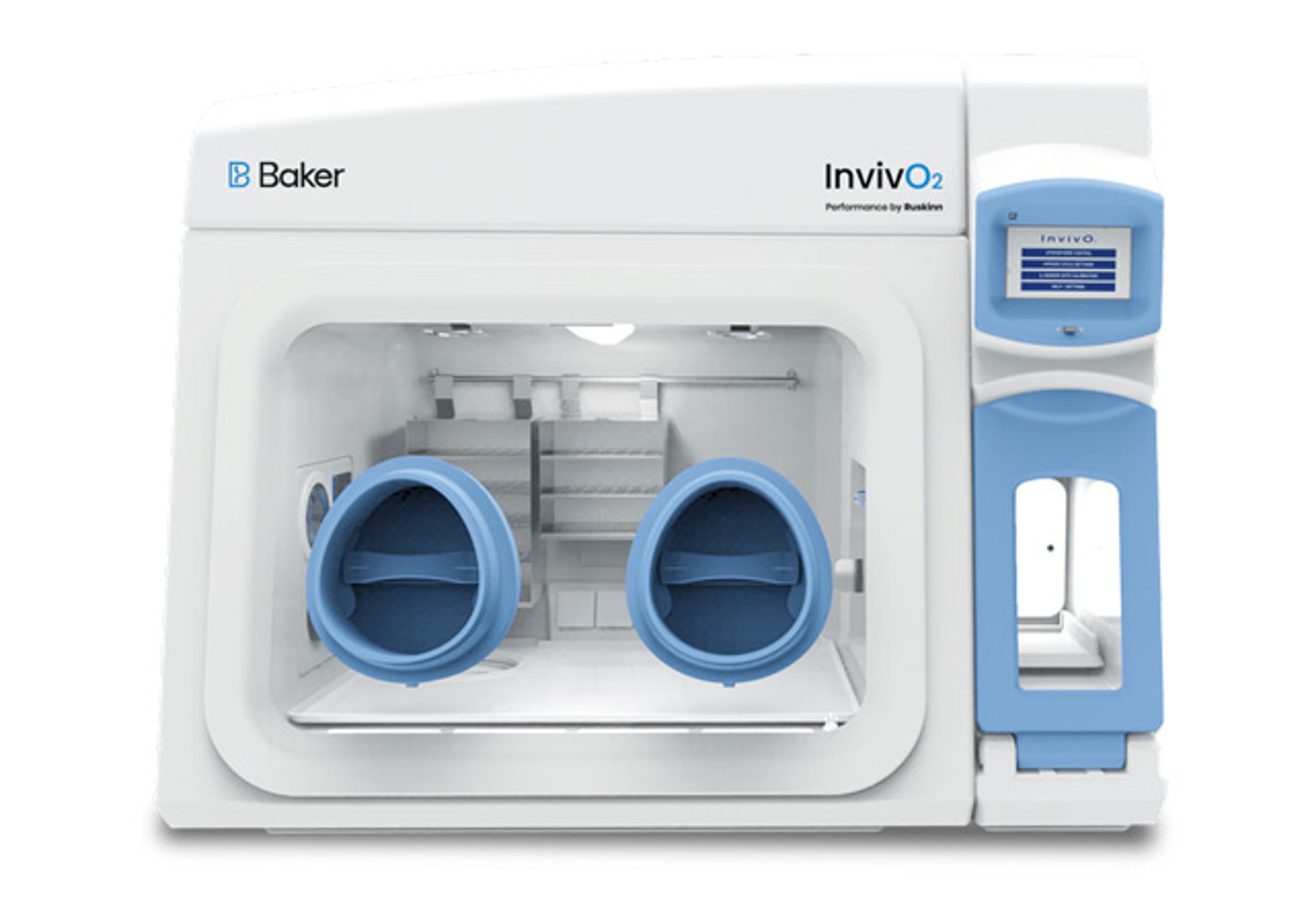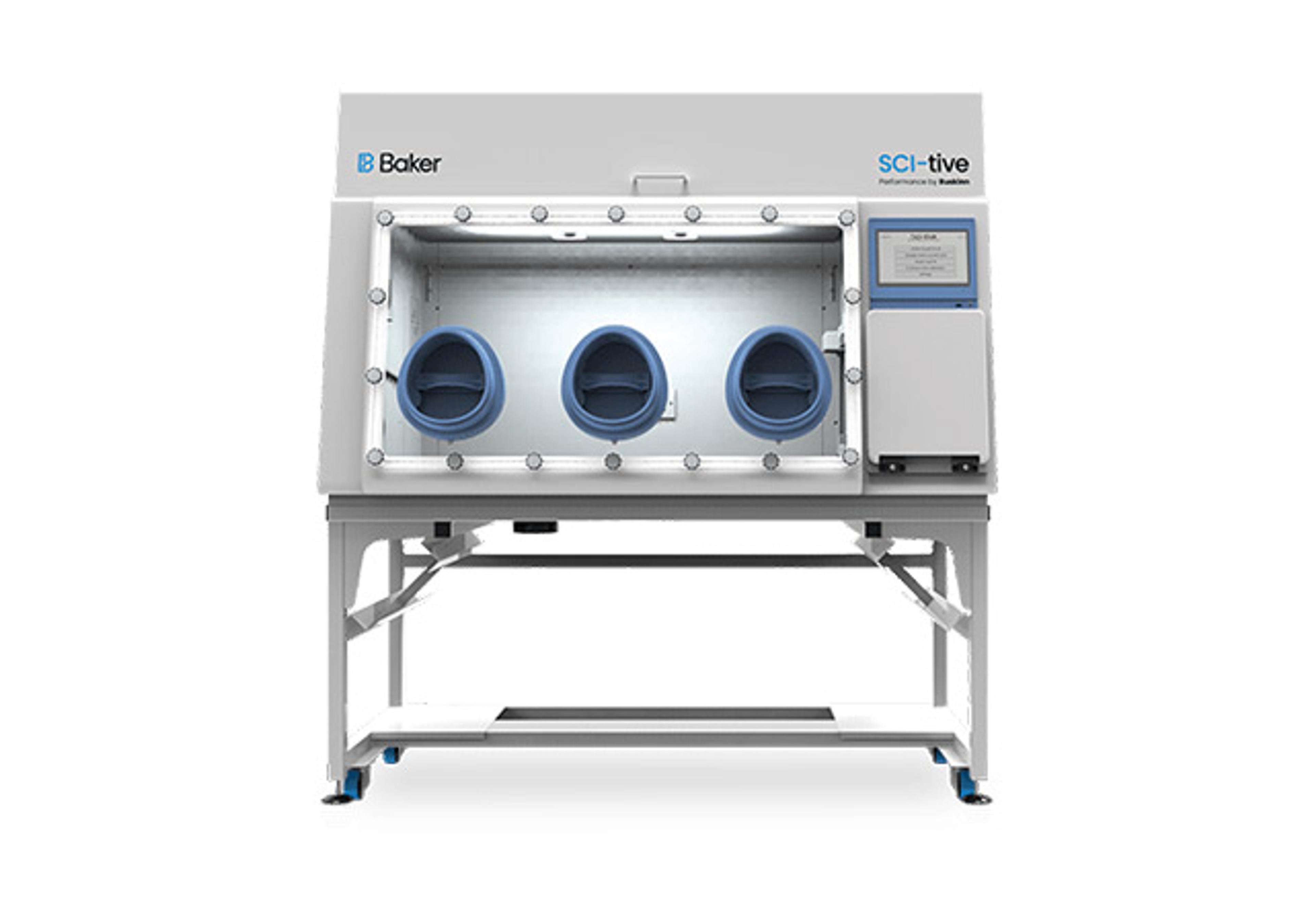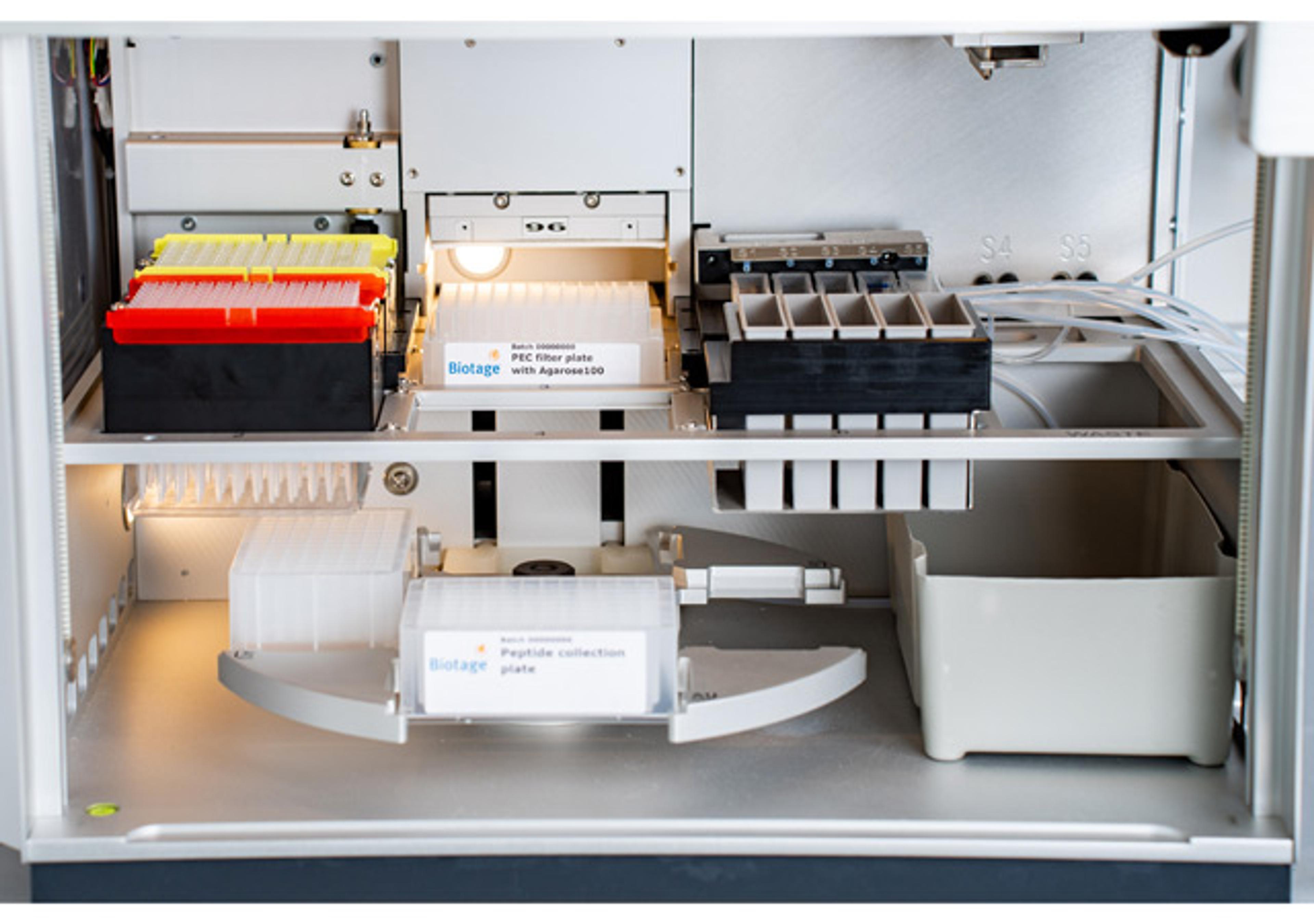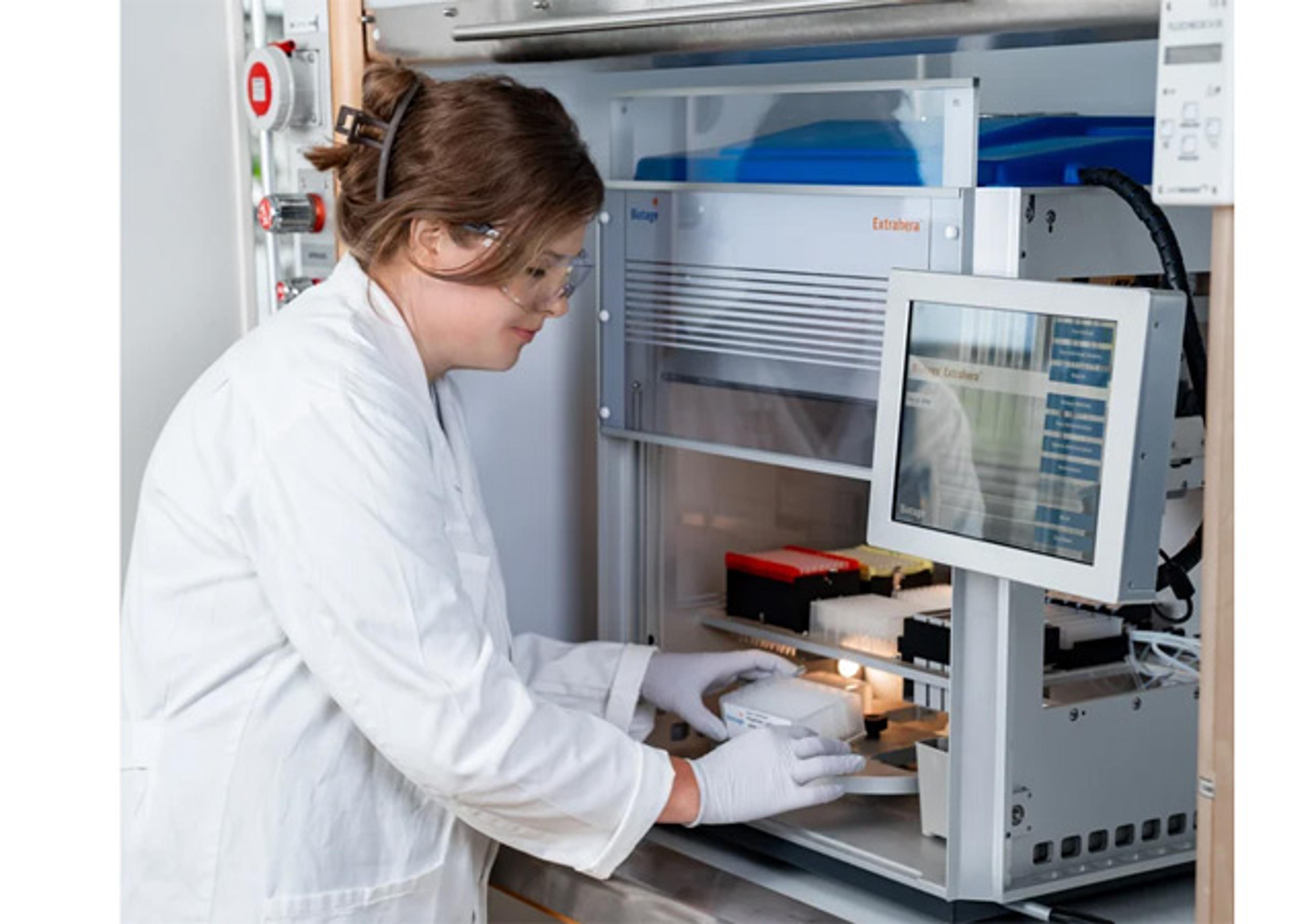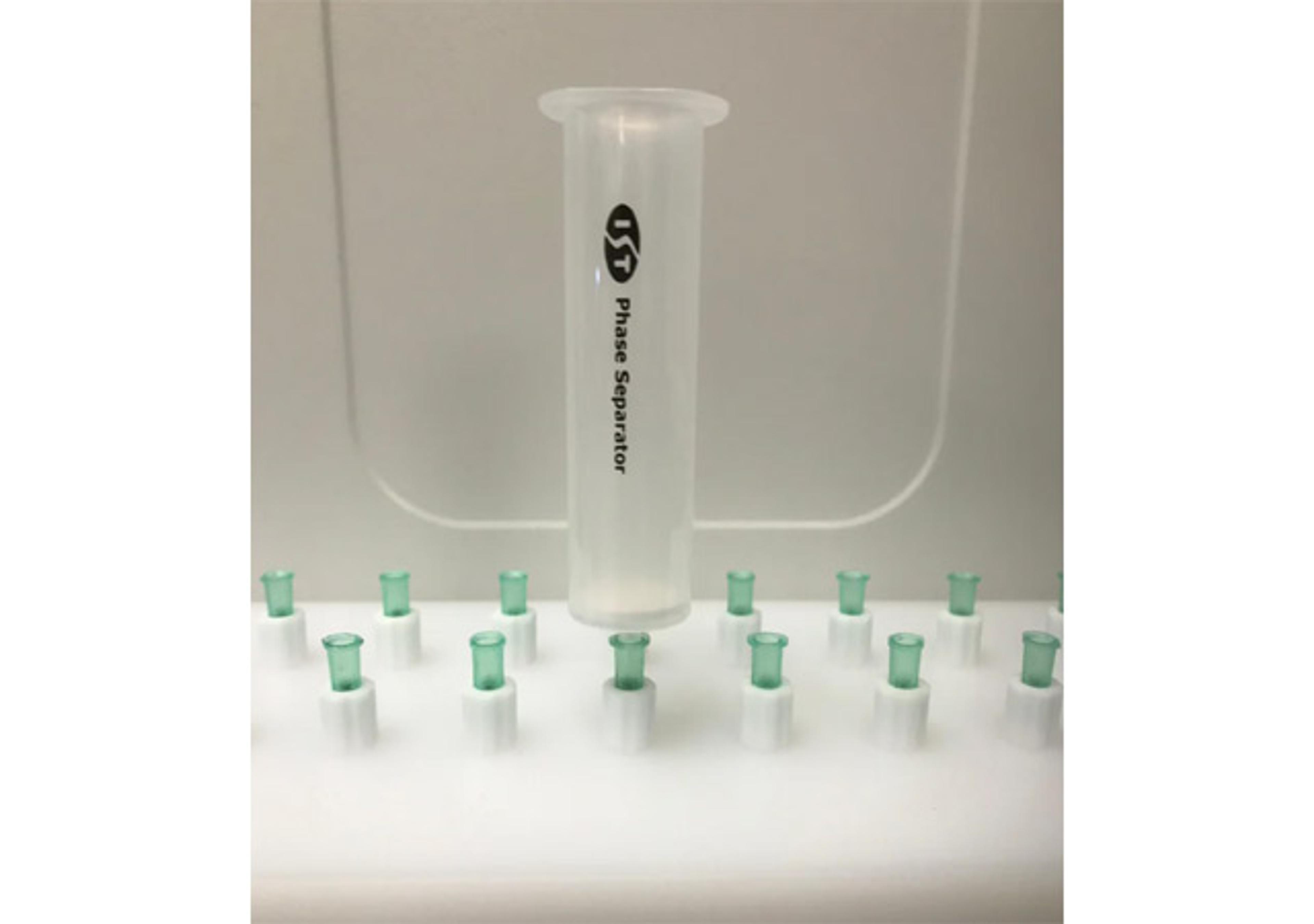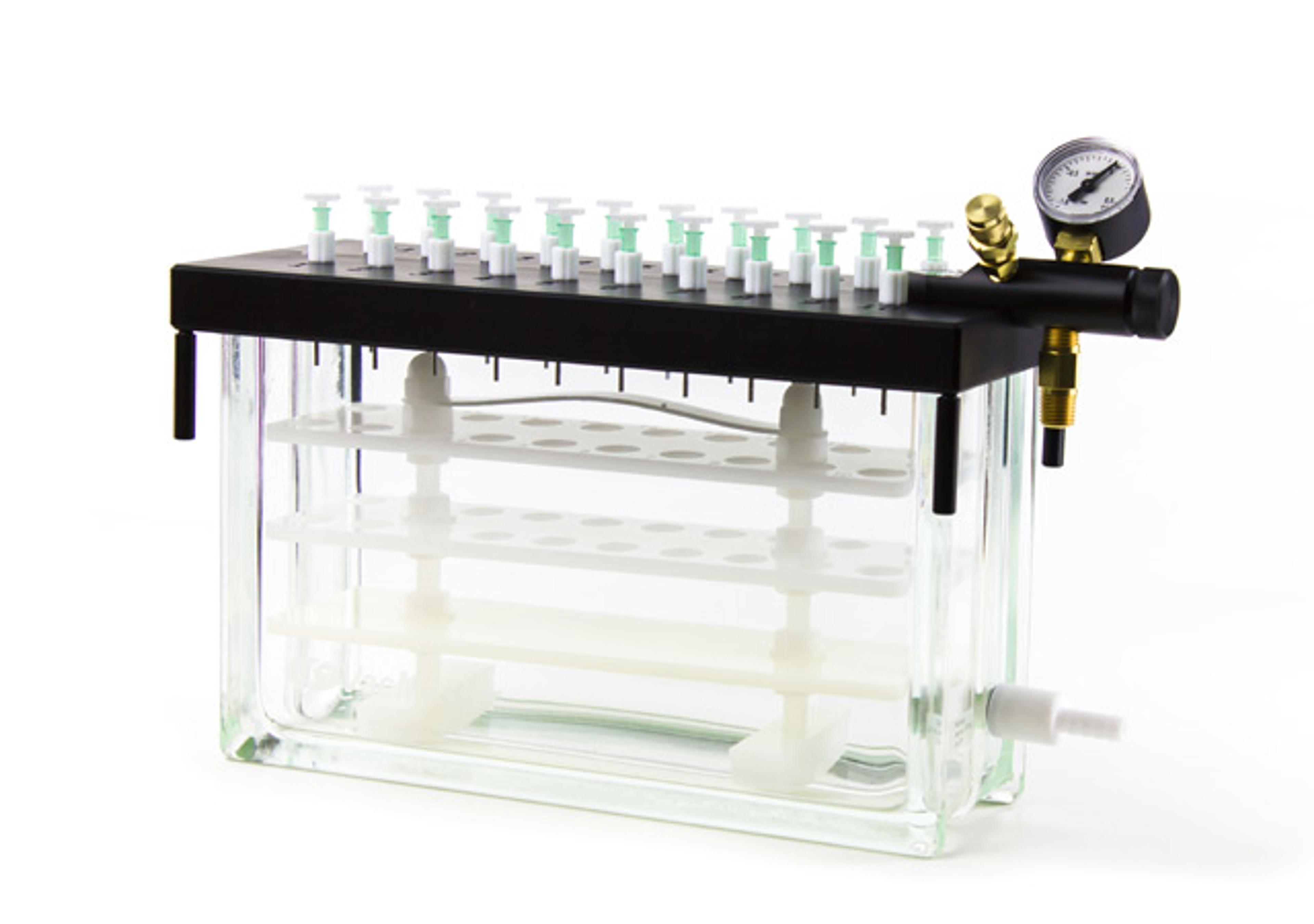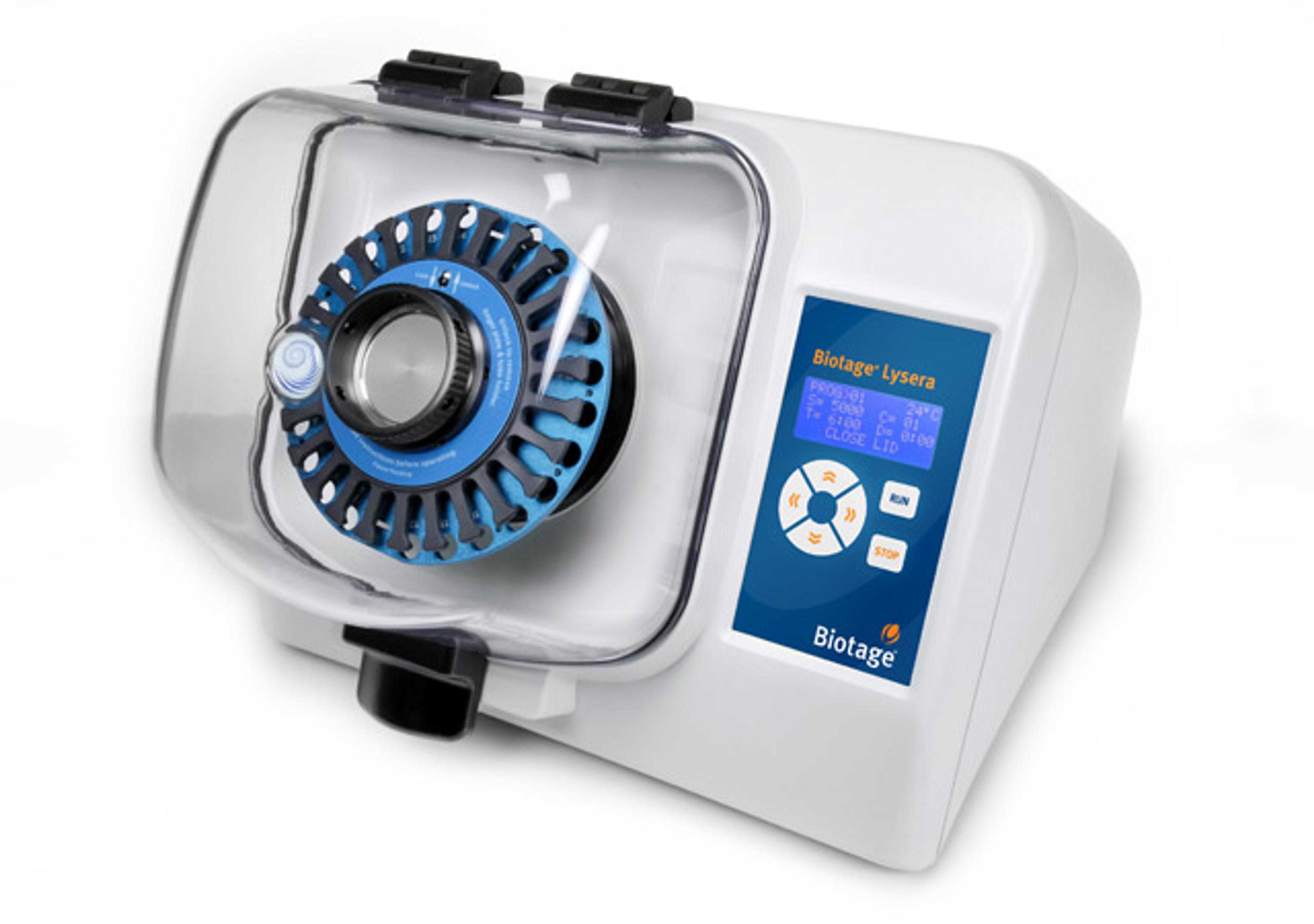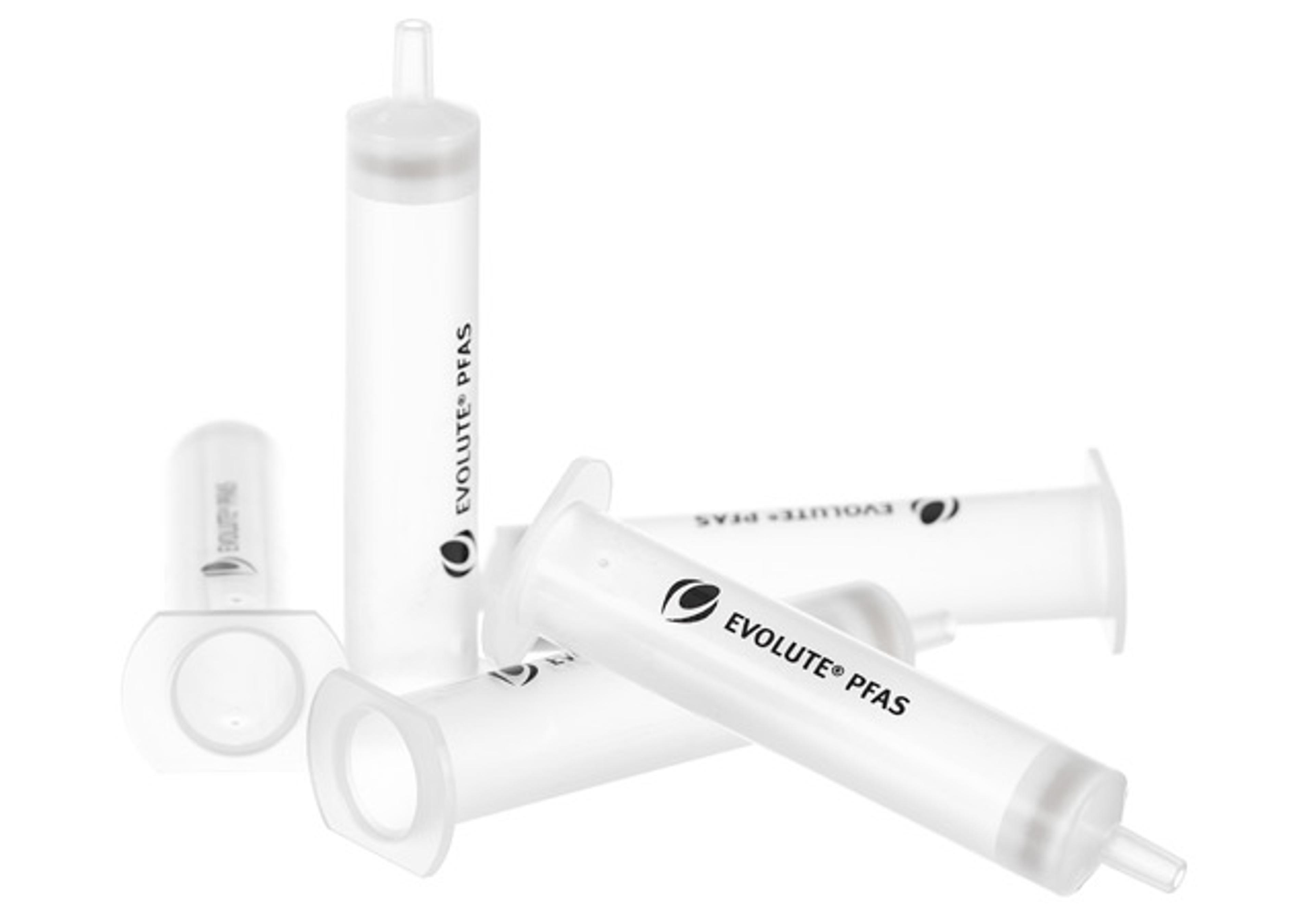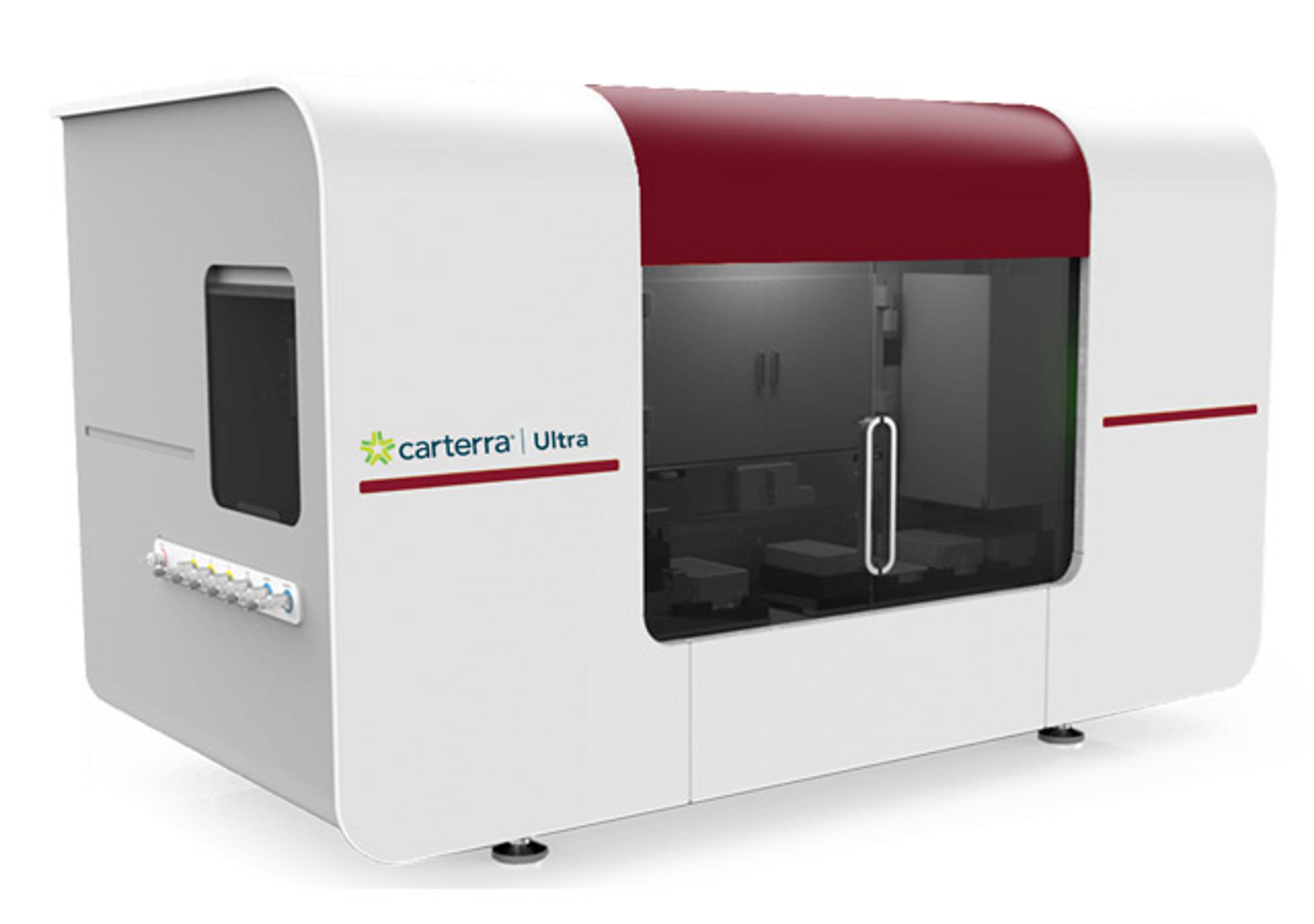Drug Discovery: Gastrointestinal Assays
REPROCELL is able to access almost all regions of the GI tract including stomach and the small and large intestine. Tissue is available from both healthy and diseased individuals and tissues are available from patients suffering from inflammatory bowel disease (IBD).
The supplier does not provide quotations for this product through SelectScience. You can search for similar products in our Product Directory.
Moderate but looking for better options
Bioassay for equivalence
Since there are no reliable vendors, Reprocell has been the best to date.
Review Date: 26 Feb 2020 | REPROCELL
Our gastrointestinal assays allow REPROCELL to investigate the effects of drugs on the human gastrointestinal system in a number of ways, including:
- Gut motility
- Gut permeability
- Inflammatory responses (IBD)
- Ion channel function
- Safety/Adverse Effects
REPROCELL is able to assess potential human GI adverse effects using fresh human tissues and can make comparisons to effects in preclinical species in order to understand the translation from animals to humans.
Effects on permeability can be assessed using our Ussing Chamber methodology. It is also possible to determine the effects of your test compound on the enteric nervous system or ‘mini-brain’, as this is where much of the regulation of the GI tract occurs. Our organ bath model can be used to determine adverse effects on gut motility. Inflammation of the gut is also a regular unwanted side effect of many drug compounds, which can be detected using our mucosal organoculture model.
Maintenance of drug therapies is driven to a large extent by the existence of adverse effects that deter patients from complying with regimens. For example, a major issue with treatments for Alzheimer's disease is the gastrointestinal effect of anti-acetylcholinesterases such as Galantamine, which increase cholinergic activity in the brain but may also do so in the GI tract

